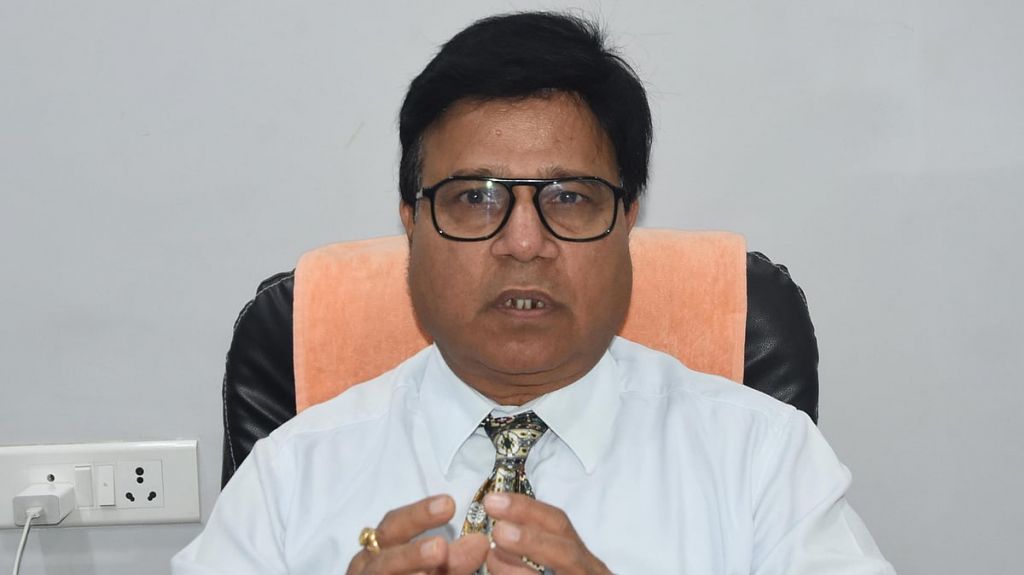
Bhopal (Madhya Pradesh): Dr Jai Prakash Paliwal, former professor (surgery) at Gandhi Medical College, is of the view that Aritificial Intelligence-based ChatGPT will play a vital role in medical field in days to come. Free Press talked to Dr Paliwal on the subject.
Excerpts:
New technologies in medical and health care will drastic changes. How will it impact patients and health care providers?
AI-based ChatGPT has the potential to improve patient outcomes, reduce costs, and increase efficiency. If the required information is available, ChatGPT can provide personalised care to patients by understanding their medical history, symptoms and preferences. This can help health care providers to improve patient outcomes.
ChatGPT can help health care providers to improve their efficiency by automating routine tasks and repetitive actions, such as appointment scheduling and prescription refills. This can free up health care providers to focus on more complex tasks and provide high quality care.
ChatGPT can help to reduce health care costs by minimising the need for in-person visits and hospitalisation.
What about live surgeries in hospitals? What is its impact in medical field? Is it good for patient?
Live surgery should be avoided as patients’ attendants become emotional, lose temper, which mount unnecessary pressure on doctors in operation theatre (OT). Attendants (relatives) rush to operation theatre to watch live surgery. So, it is not good. It is good for only trainee doctors.
Robotic surgery has also been promoted in India. Which one is better robotic or traditional surgery?
No doubt, it is a successful technique but practically it is not good as it is just like pilot sleeps after putting aircraft in an auto-mode. It is better that patients should have trust on doctors in OT, which brings good results. Robotic surgery can be more expensive than traditional surgery due to the cost of the equipment and training. Robotic arms, cameras, and other components can malfunction. Nerve damage and compression can occur due to extreme body positioning or direct nerve compression.
At what stage should doctors decide to go for surgery?
Doctors should mention in prescription about health status of patients and in same prescription, there should be mention of surgery. Doctors should not waste time in treatment through medicines if there is need of surgery. There are certain diseases in which surgery is the only option.
Patiens drag doctors in court on ground of deficiency of service when they do not get expected results after surgery. What is your take?
Supreme Court has said that medical professionals cannot be held liable for negligence solely because surgery or treatment has not produced the expected results. Court said that the culpability of doctors must stem from clear evidence pointing to a deviation from accepted medical practices. Consent of patient is mere legal formality as ultimately, trust of patients and empathy of doctors pay dividend in health care field.